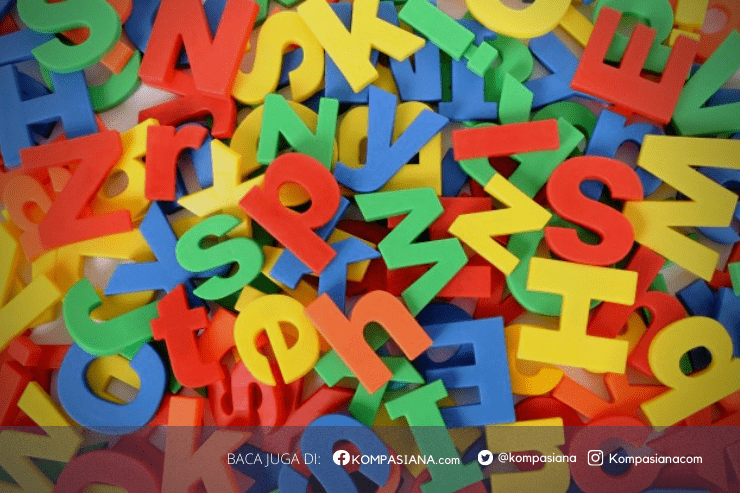The thing about interjection is, they bring a vivid, emotional dimension to language; they act as a bridge between thought and expression. By capturing raw emotions in just a word or phrase, they can create an instant bond with the listener or reader.
Speaking of listeners or readers, interjections actually help us a lot in communication, especially when you need to react or respond to something wholesomely. I mean, can you imagine someone saying, "That's great," instead of, "Wow! That's incredible," when you tell them that you got an A in structural grammar? I don't know about you, but that sounds rather unfriendly and highly uninteresting to me. The ability to evoke immediate and relatable reactions helps interjections create an emotional resonance with the listener or reader, fostering a sense of connection that transcends the grammatical function of language. In this way, interjections enhance not just the tone of the sentence but also the overall impact of communication.
Besides all that, interjections are one way to make the conversation more natural and human-like. Using interjections might result in your conversation being more engaging and not stiff. Interjections are fun! I use interjections all the time myself, like "Piss off!" when I'm pissed or "No way!" when I’m surprised.
How to Use Interjections Effectively
Nowadays, interjections are more commonly used in casual conversations and are necessarily added for spontaneous reactions. For example, in storytelling, the inclusion of interjections can elevate a scene’s emotional intensity. A scared character shouting, “Ahh! Get away from me!” immerses the audience in the urgency of the moment, whereas simply narrating “He was afraid and ran away” may feel detached or impersonal. This use of interjections not only enhances realism but also deepens the audience’s emotional investment in the narrative. This principle applies to everyday communication as well, where interjections add spontaneity and relatability.
Also, in modern communication, interjections have developed a lot, especially in the world of social media, where self-expression and emotion are key. You can always spot anyone on any social media platform saying, "OMG!", "LMAO!", or "Gagged!".
While interjections are useful, they are not often used in formal occasions. Using them in a formal context might make your writing or speech sound overreacting and unprofessional. Though, don't get me wrong—you can still apply those cute interjection words in your formal speech or writing, but make sure to add them subtly and sparingly without drawing too much attention. Embrace the interjections fully in informal settings to add personality.
Interesting Facts about Interjections
Now, now, enough of the English grammar-related interjections; I'm going to share some interesting facts about our friend, interjections, right here.
Interjections are universal. If in English you scream "Ow!" for pain, in Italy they usually say "Ahi!" to demonstrate that emotion. Another example is when you're mesmerized by something and you let out a "Wow!" exclamation. In Spain, instead of "Wow!" They say "¡Vaya!" which is quite the opposite of the English one.
This really highlights the differences in interjections between countries. Though not all interjections are different, we can always spot some differences among them.
Conclusion
After reading all of this information, we can conclude that interjections might be a small part of speech that is often overlooked, but their impact in providing the right tone and emotion in English grammar is huge. They add intrigue and personality to our language, making it more eloquent.
When you're speaking to your peers or just simply writing to someone, don't be shy to use interjections here and there! They can definitely help you engage better with your significant other and convey your emotions effectively.








